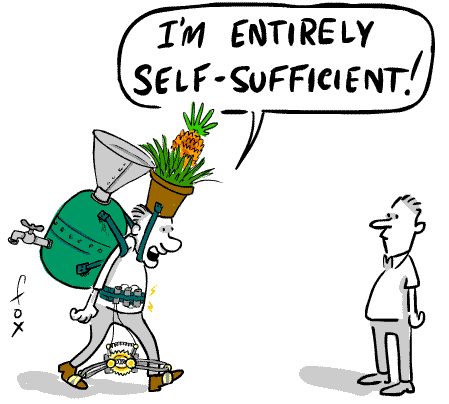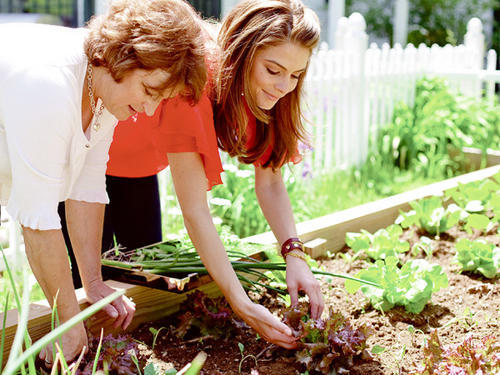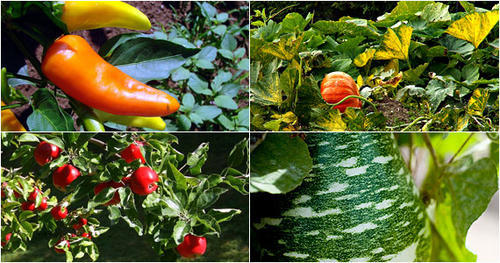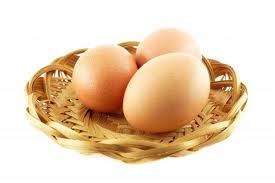How to Live a More Self Sufficient Life
Considering that the average city contains only sufficient food reserves for three days, it makes a great deal of sense to put yourself in a position to be able to supply most, if not all, your food needs. Similarly, as the cost of power continues to rise, the attraction of being power self-sufficient becomes increasingly obvious. | 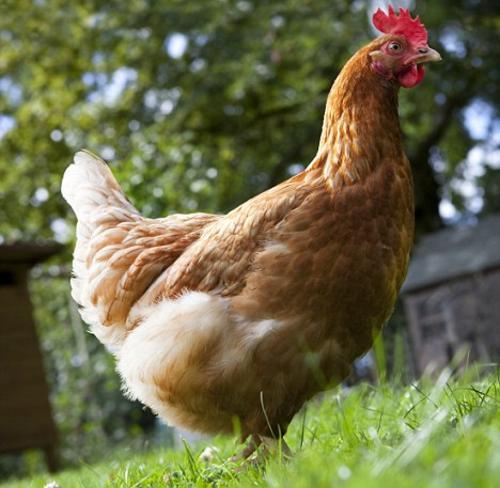 |
| So how can we achieve this ideal? Even if you rely on an outdoor garden, by harvesting and storing your crops you can have homegrown produce all year round. Many vegetables can be blanched and frozen, while herbs can be dried. Another alternative is to pickle or use preserving jars for your excess crop. A small backyard can also be home to a few chickens to supply you with fresh eggs, provided you supply them with adequate shelter and protection from predators such as dogs or cats. A home-produced fresh egg, on toast made from home-baked bread, makes a wonderful start to the day. Chicken manure is excellent for your garden and your chickens will enjoy feasting on your leftover food scraps.
Even as the cost of power through the national grid increases, alternative power sources are becoming more affordable. Solar hot water panels to capture power from the sun can accommodate much of our hot water needs, even during winter time and this hot water can also be used for taking care of some of our heating needs. |
While solar electricity is expensive to install, once the initial costs have been overcome, the system will provide virtually free power. Using solar electricity, supplemented by perhaps a wind generator and using low voltage lighting and appliances, it is possible to live in comfort, free from electricity bills. Want to know more about self-sufficient living? Choose from several excellent books available, for example, ¿The Self Sufficient Life and How to Live It¿ by John Seymour, to gather more information and ideas. | 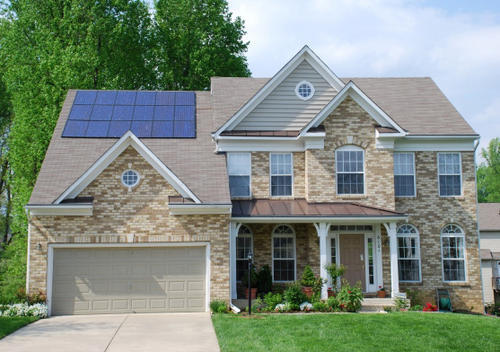 |
